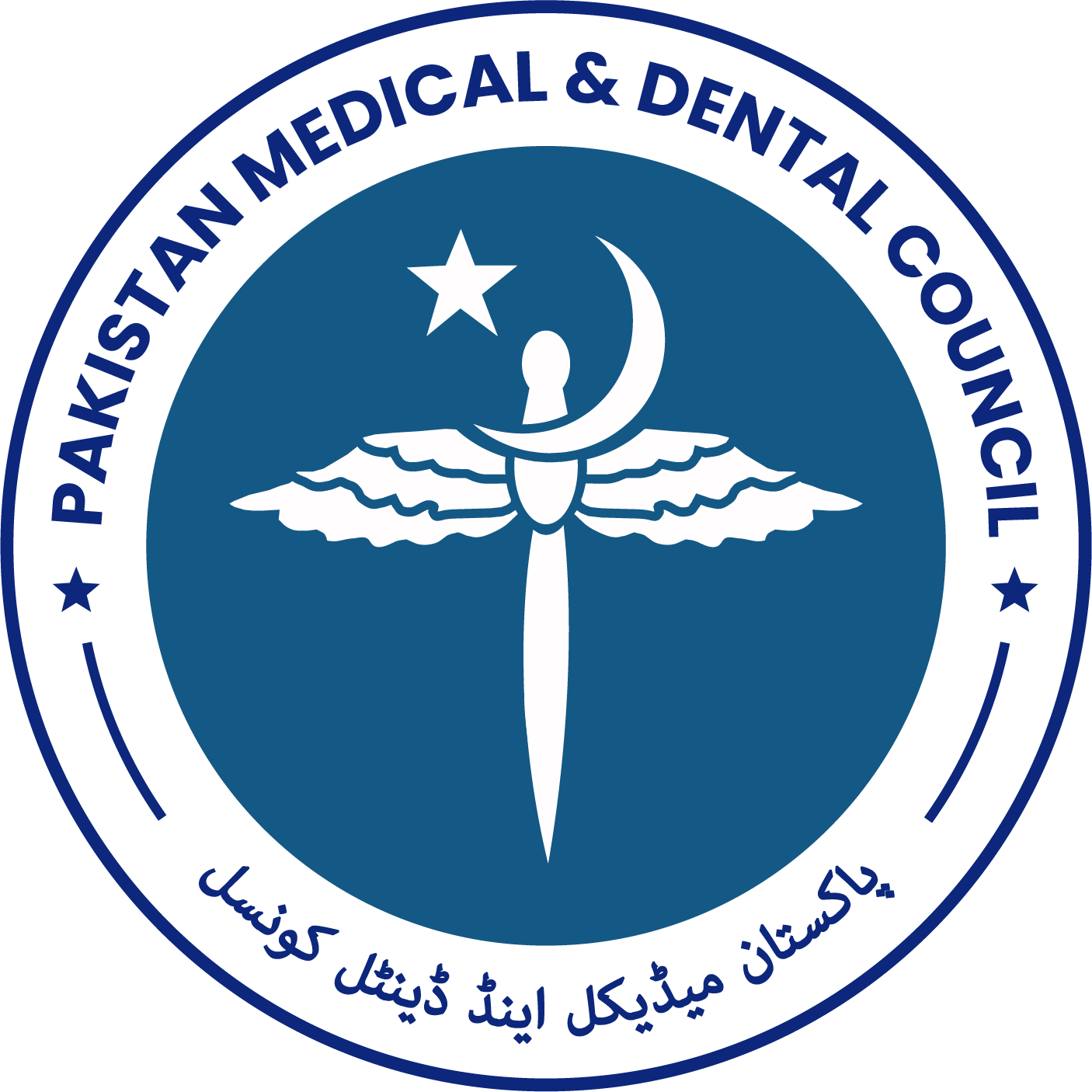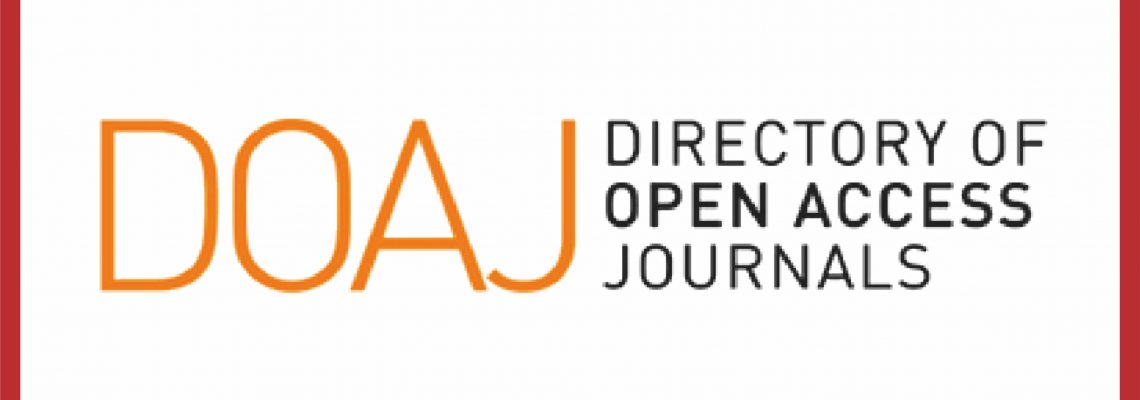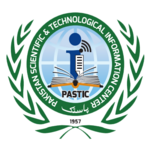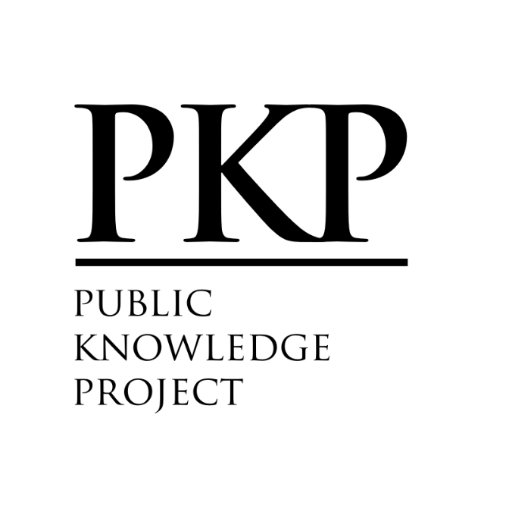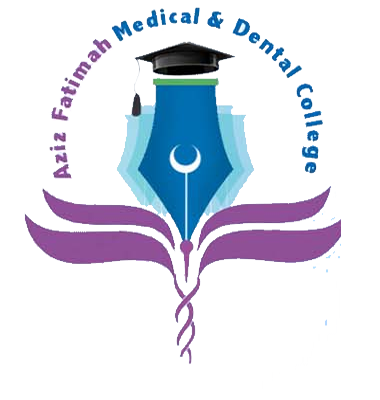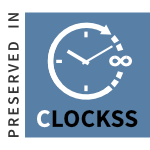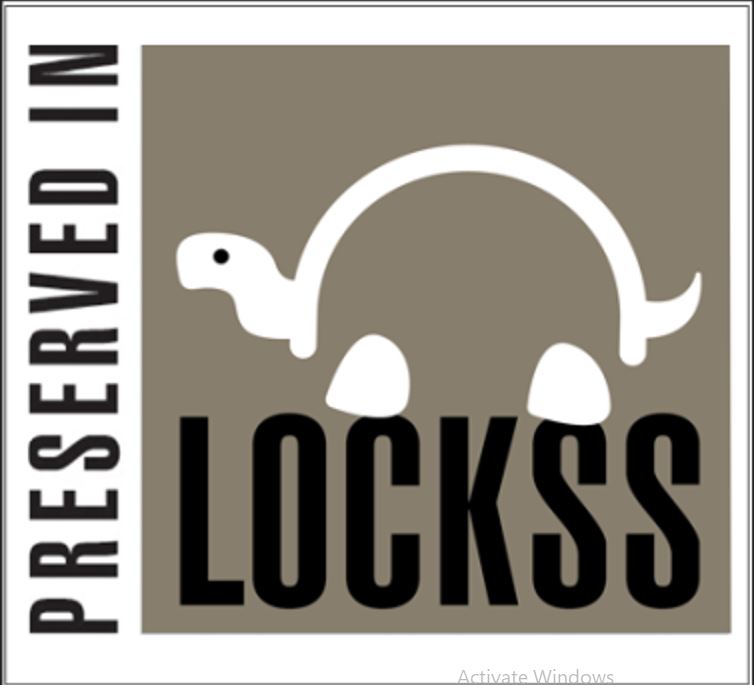Effectiveness of Simulation Based Learning in Medicolegal Training of Medical Officers
Simulation Based Learning in Medicolegal Training
DOI:
https://doi.org/10.55279/jafmdc.v7i1.399Keywords:
Effectiveness, Medical officers, Medicolegal, Simulation-based LearningAbstract
Objective: The present study is aimed to compare the effectiveness of simulation-based learning with didactic lecturing in medico-legal training of medical officers.
Methodology: A quasi experimental study design (pre-test, post-test) was implemented. It included 44 medical officers who were deputed at Forensic Medicine Department of Quaid-e-Azam Medical College, Bahawalpur for medicolegal training from 15th May 2024 to 30th May 2024. The sample was collected using a convenient sampling technique. All the medical officers were divided into two groups; one group (Group-A) underwent didactic lecturing whereas the other underwent simulation-based learning (Group-B). Likert scale was used to assess the knowledge and skills of both groups. Pre- and post-test scores evaluated the learning outcomes. The self-confidence of medical officers was measured through a self-assessment questionnaire.
Results: A total of 44 medical officers were included in the study, with 22 in each group. The pre-test score of Group A and B was 6.4±0.4 and 5.6±0.5 respectively, whereas the post-test score was 7.3±0.3 and 9.0±0.2, respectively. A significant improvement was seen in post-test scores than pre-test scores (p<0.001). Moreover, the simulation-based learning group had a higher post-test score than the didactic lecturing group. Also, a higher confidence level was observed in medical officers undergoing simulation-based learning in managing different scenarios.
Conclusion: The present study found that medical officers gained valuable experience from simulation-based learning in confronting ethical dilemmas and complex legal cases encountered in their clinical practice by negotiating with real-time scenarios.
Downloads
Published
How to Cite
Issue
Section
License
Copyright (c) 2025 Talha Naeem, Ambreen Usmani

This work is licensed under a Creative Commons Attribution-NonCommercial 4.0 International License.
You are free to:
- Share — copy and redistribute the material in any medium or format
- Adapt — remix, transform, and build upon the material
- The licensor cannot revoke these freedoms as long as you follow the license terms.
Under the following terms:
-
Attribution — You must give appropriate credit, provide a link to the license, and indicate if changes were made. You may do so in any reasonable manner, but not in any way that suggests the licensor endorses you or your use.
-
Non Commercial — You may not use the material for commercial purposes.
-
No additional restrictions — You may not apply legal terms or technological measures that legally restrict others from doing anything the license permits.


